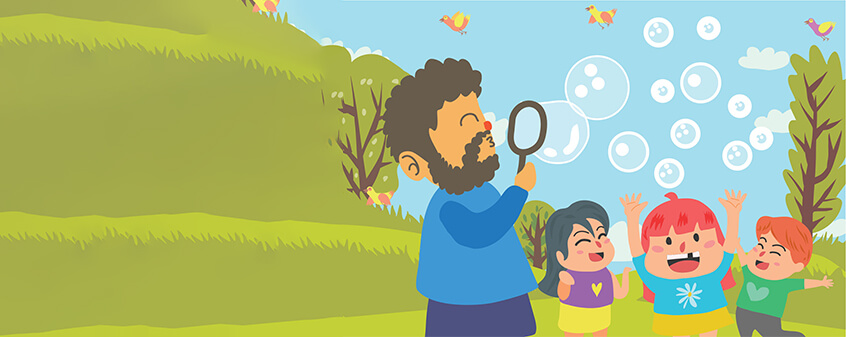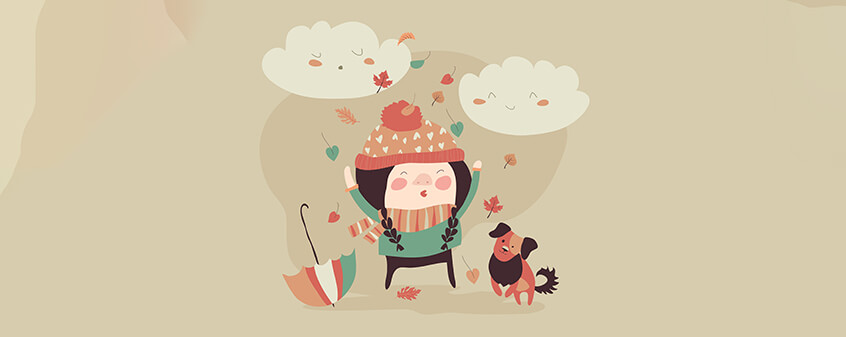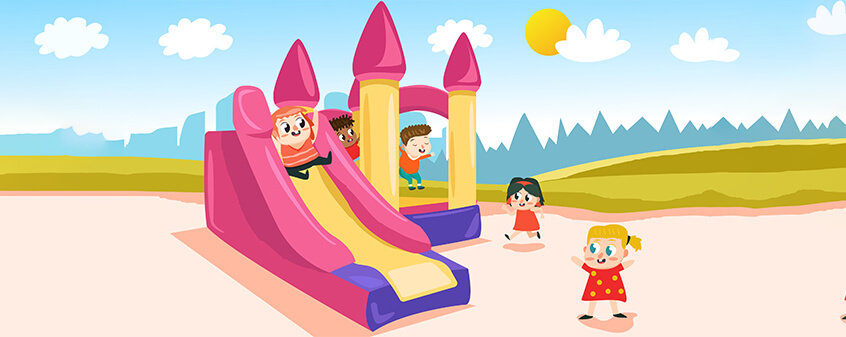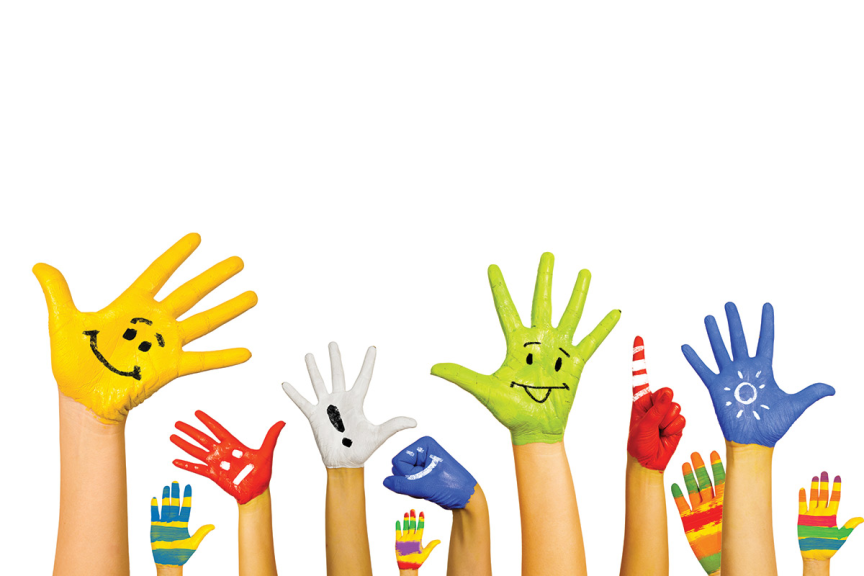How to Deal with a Rebellious child
My child is a rebel!
‘Archana, clean up your room!’
‘No, mom. Let it be…I can find my things. Why bother?’
‘Archana, I cannot have you live in a dump like this. Clearit up right now!’
‘No, mom! It’s my dump. Why are you getting irritated?
Chill. And call me Archie…’
‘You are Archana and you will clean your room NOW!’
"Archana aka Archie slams her door and stays put inside. ‘I am losing it with Archana. She rebels over everything. Her name, clothes, attitude. Everything! I am always wrong. I can’t imagine why. I would never have spoken to my mother like that. But does she care? Why is she like this?’ Mamta, a
39-year-old doctor, worries about her teenager. I explained to a hysterical Mamta that Archie is just being a teenager. But more importantly she is a teenager of today. The world we have given them is different from what we got from our parents. And the world they will be taking over when they are adults will be different from what we believe it will be. Try to understand why they are rebelling against, or more importantly, what they’re trying to tell you. A teenage rebel, as long as he is not hurting himself or anyone else in the process, is someone you can encourage. At an age when most teens want to fall in with their peers, if yours is able to stand his ground, you should appreciate it. Sometimes might is right, and it takes strength of character to stand up against the world. You should know that the more you try to curb the rebel, the more you’re fuelling him. So be careful about the limits you impose and what you ask him not to do. A better way is to open up a dialogue and discuss the subject in question. More often than not, rebellion is a way of asserting independence.
You know you craved for it when you were his age. Let your teenager indulge in it too.
Brain research has proved that the emotional aspects of the personality develop in the brain before the rational part and that is why a teenager is so high on emotion. Logical, rational arguments, too, at times don’t work because the brain processes only the emotional aspects of a conflict. This also explains teenage mood swings.
As they move from tweens to teens, the regions in the brain responsible for logic are better connected with those for emotional reasoning. Thus, you will notice that as they grow, they are able to handle their emotions better.
Instilling habits of gratitude
My son Drish and I once went to my aunt Tina’s house for her son Anmol’s birthday party. On our way back I noticed that 3-year-old Drish was sulking. ‘What happened, sweetheart? I asked.
‘Anmol’s bathroom is bigger than my bedroom. You know, ma, he has an entire aquarium in it,’ moaned Drish. I carried him in my arms and asked him a simple question. ‘Who do you think has a bigger bedroom, Raj or you?’ Raj was Drish’s closest friend and Drish often stayed over at his place.
‘Me!’ said Drish, with a twinkle in his eye. ‘Okay, and between Raj and Gungun?’ I asked. Gungun was a little girl who lived down the street in a two BHK. ‘Raj!’ he said. And then I asked him about Krishna, our watchman’s son. ‘Ma, Krishna has only one room in his house. They don’t have a bedroom!’ ‘Right, but who do you think is happier, Krishna or that little fellow who begs at the signal?’ Drish was quiet. Then he slowly answered, ‘Ma, I think Krishna must be happier. He has a room to stay in. The beggar boy sleeps on the footpath.’ ‘Yes, my dear, now you see how much you have. Shouldn’t you be thankful that you have so much more than the others?
If you look at what you have, you will be happy. If you look at what you don’t have, you will only feel low and disappointed.’ Children today fi nd themselves in a world of abundance. They get almost everything they want. Being grateful for what we have ensures a positive attitude towards lives. Positivity and happiness are the keys to a successful life. It has been scientifically proven that positivity and happiness hold the key to a healthy life too. A research done by Perreau-Linck and colleagues, research scientists at the National Centre for Biotechnological Information, USA, published in the Journal of Psychiatry and Medicine, that changes in the thought process, either aided by someone or self induced, alter the synthesis of serotonin in the brain. Serotonin, as I mentioned earlier, is the hormone that manages the happiness quotient in a person. So this research almost proves that there is a give and take between the amount of serotonin produced and the mood that we find ourselves in. A good mood means more serotonin, which, in turn, means a happier and healthier person. A foul mood logically leads to less serotonin and an unhappy and unhealthy person.








